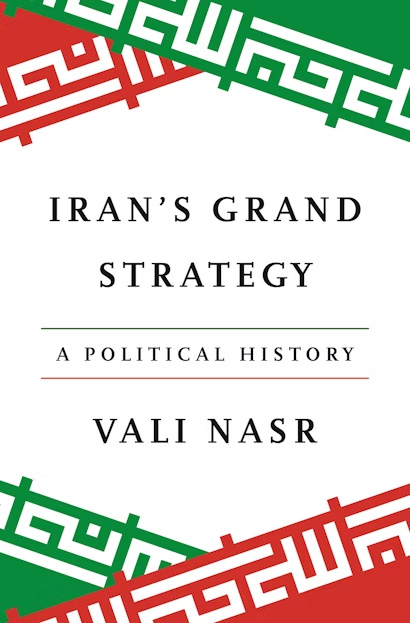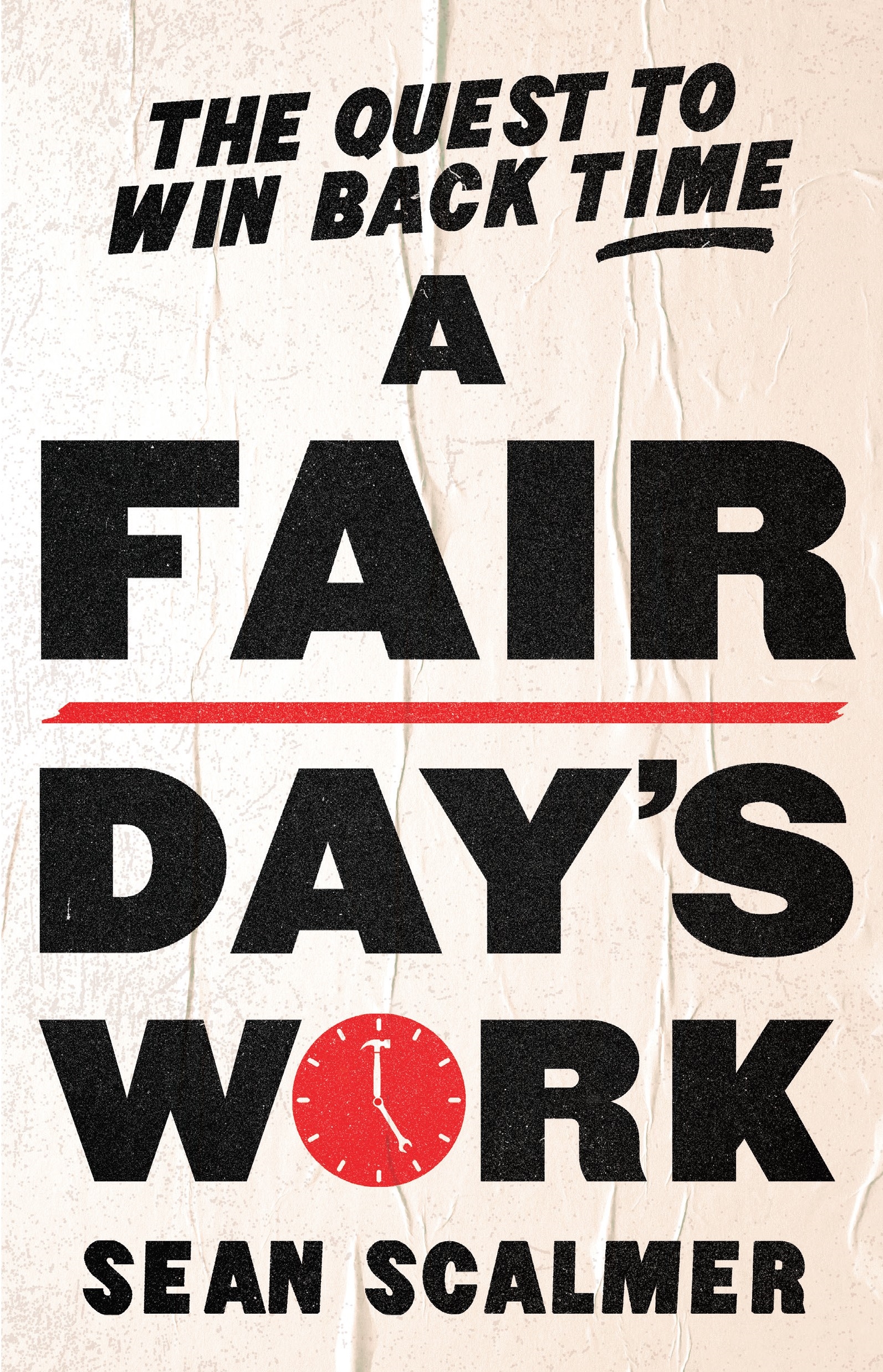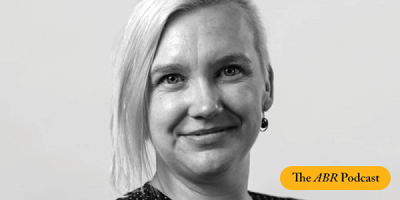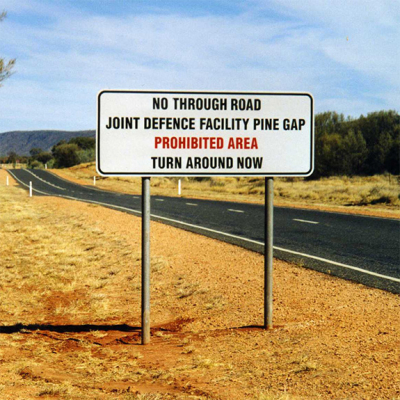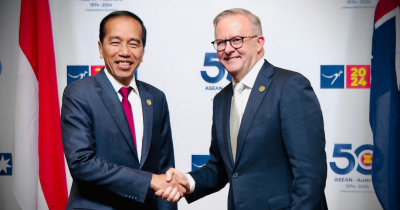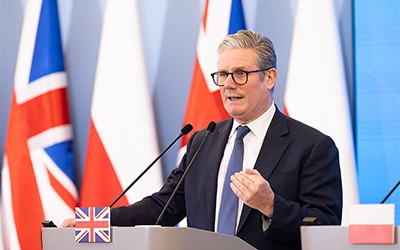Politics
This week, on The ABR Podcast, James Curran reviews Turbulence: Australian foreign policy in the Trump era by Clinton Fernandes.
... (read more)Turbulence: Australian foreign policy in the Trump era by Clinton Fernandes
This is not really a book about Australian foreign policy in the Trump era. It is, however, an attempt to chart the coordinates of President Trump’s approach to the world in his second term. It depicts Australia, not unlike most other US allies in Europe and Asia, scrambling to remain relevant to Washington as the fond and the familiar in the international system are tossed to and fro by the latest Trump hurricane. Clinton Fernandes, a former intelligence officer in the Australian army and now Professor of International and Political Studies at UNSW, is damning of the inability of successive Australian governments to explain to the Parliament or the Australian people why Australia has become, in his words, a ‘US sentinel state’, alongside the Republic of Korea and Japan. The strongest parts of the book are those which ask precisely how this state of affairs has eventuated. The questions are vital, but Fernandes knows that they are unlikely to be answered by this government.
... (read more)After Prime Minister Albanese called an unscheduled media conference at Parliament House on 26 August 2025, assembled journalists were surprised to see him accompanied by ASIO Director-General Mike Burgess. The reason quickly became apparent. The government was expelling the Iranian ambassador because of an ASIO assessment that Iran’s security services were behind two attacks on Australian Jewish premises in the second half of 2024.
... (read more)‘To the victor belongs the spoils.’ The adage is attributed to William Macy, New York senator and defender of Jacksonian democracy. The aftermath of victory allows one to frame significance, settle scores, and proclaim lessons that will justify and guide a new government.
... (read more)A Fair Day’s Work: The quest to win back time by Sean Scalmer
A Fair Day’s Work: The quest to win back time is a work of history that is both reflective and urgent. It situates the long struggle of the Australian labour movement to secure reductions in the length of the standard working week – from sixty hours a week in the 1850s to thirty-eight hours a week by the early 1980s – within the contemporary fight against the resurgent power of capital, growing economic inequality, and the shrinking of the middle class. As much as it is a historical account of Australia’s leading role in reducing working hours across the world, it is also a call to action for a new generation of working people to rediscover the fight.
... (read more)This week on the ABR Podcast we feature James Curran’s commentary ‘Balance sheet blues: The pros and cons of Pax Americana coming to an end’. Curran’s focus is the evolving relationship between Australia and America during and beyond Trump’s second administration.
... (read more)This week on the ABR Podcast, we feature Rebecca Strating’s commentary ‘“Rejecting the system it created”: How Trump’s America is reshaping Australia’s regional relations’. While the second Trump administration presents a challenge for Australian policy makers, it also provides an opportunity for Australia, explains Strating, ‘to develop greater self-reliance in foreign policy and deepen relationships across Asia’.
... (read more)The first six months of the second Trump administration have left American allies worldwide, including Australia, in a state of shock and sullen resignation. Shock at the resumption of Trump’s global trade and tariff war, following threats to Canada, Greenland and Mexico, not to mention the harm being done to American institutions and soft power; resignation that US protectionism and the rising demands of Washington on allies to pay more for their own defence are here to stay.
... (read more)For Australia, a nation that has long balanced its economic ties to Asia with its security alliance with the United States, the second Trump administration represents an unprecedented challenge to its foreign policy. The return of Donald Trump to the White House has ushered in a new era of economic nationalism that threatens to reshape the Asian security landscape. For the newly re-elected Albanese Labor government, this presents plenty of risks. But its decisive mandate also provides an opportunity for Australia to develop greater self-reliance in foreign policy and deepen relationships across Asia.
... (read more)There are moments in political history when the electoral contest is real, visceral, and there are other times when the governing party is so visibly exhausted and the context so apparently unfavourable that the prudent move is not to try too hard to win. Such was the case at the last British general election, held in July 2024. After four consecutive victories, five changes of prime minister, and a litany of disasters, scandals, and failures, the governing Conservative regime led by the likeable but hapless Rishi Sunak finally keeled over and gave way to Keir Starmer’s Labour Party. Starmer won a majority of 174 seats, with a relatively modest thirty-four per cent of the popular vote.
... (read more)



